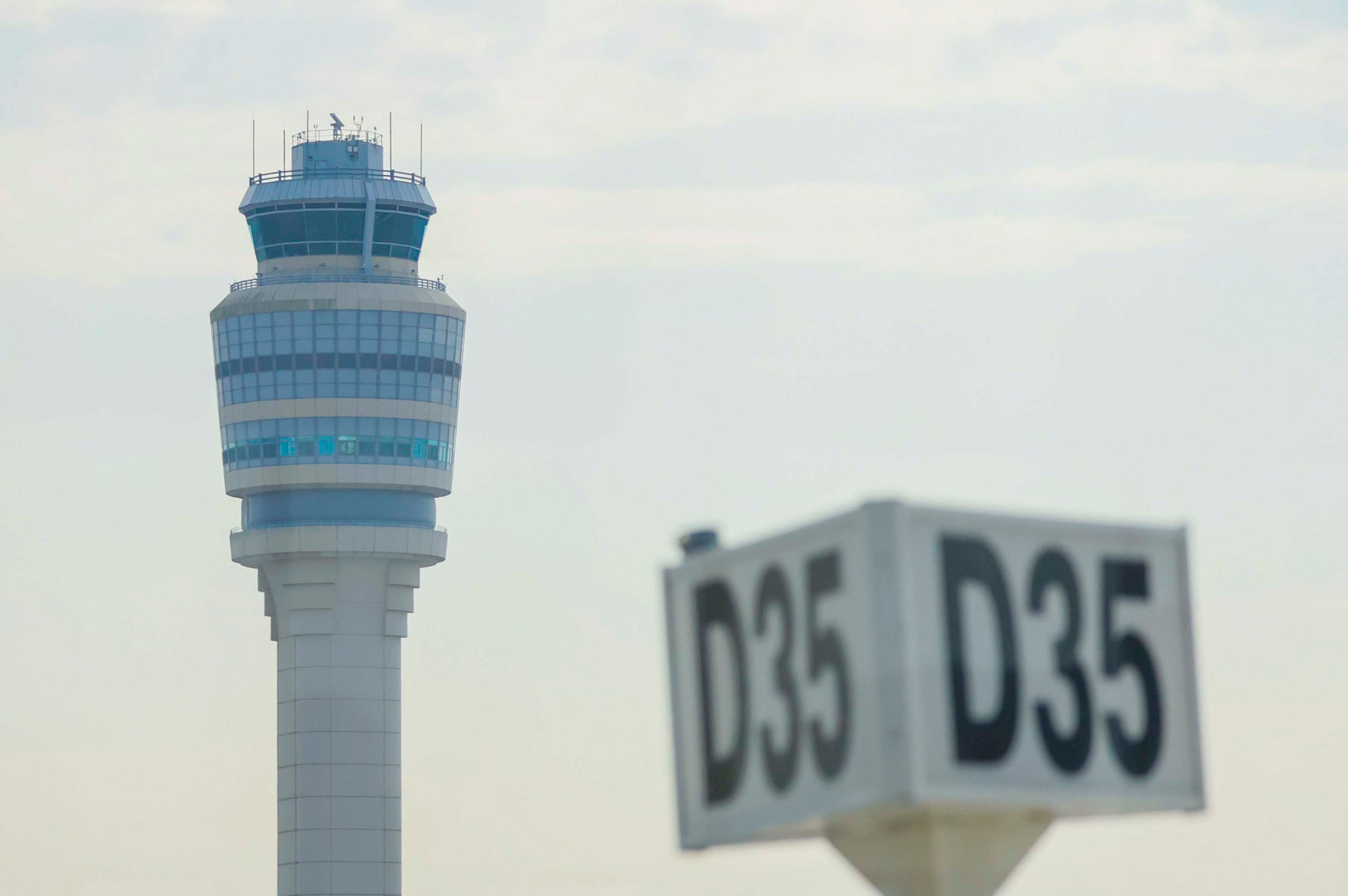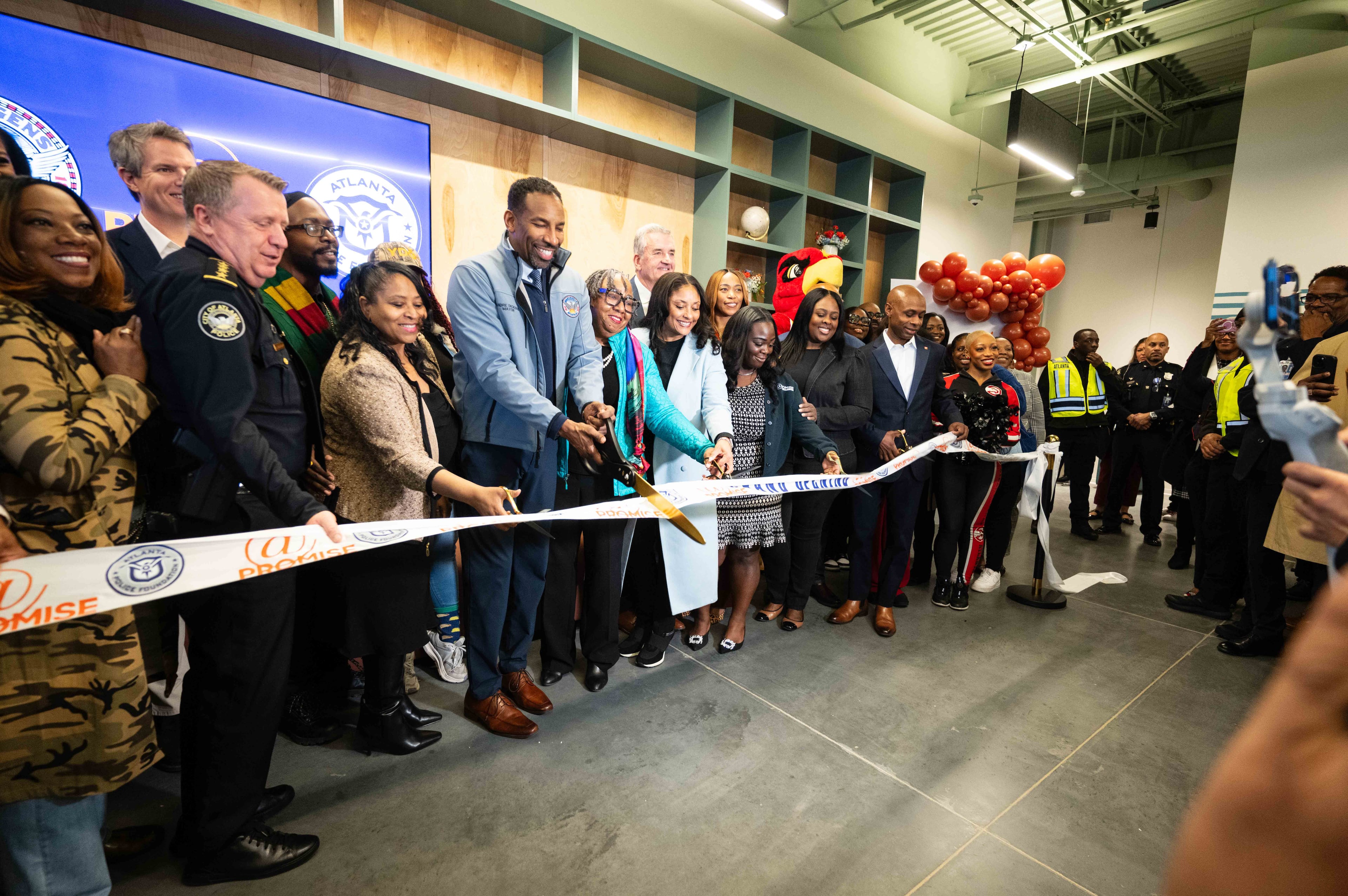Coronavirus vaccine research shows some promise, Emory says

A team that includes researchers from Emory University released findings Tuesday of closely-watched work to create a COVID-19 vaccine that showed some positive results, but more work is needed to be sure it is safe.
The findings showed high levels of neutralizing antibody activity that were above the average levels seen in blood serum obtained from people recovering from the disease, Emory’s team said.
No serious side effects were found, researchers said, but more than half of the 45 trial study patients said they suffered fatigue, headaches and chills. Researchers said the side effects were more prevalent among the patients who received the strongest of the three dosages tested.
A lead Emory researcher called the results encouraging.
“While there is still a lot of work to do before we have a vaccine that is proven to be safe and effective against COVID-19, this study provides critical information about the safety of the vaccine,” said Dr. Evan Anderson, an associate professor of medicine and pediatrics at Emory University School of Medicine and Children’s Healthcare of Atlanta. “Importantly, the vaccine resulted in a robust immune response.”
Dr. Anthony Fauci, director of the National Institute of Allergy and Infectious Diseases, was similarly optimistic about the findings.
“No matter how you slice this, this is good news,” Fauci told The Associated Press.
The patients received two doses of an experimental vaccine, called mRNA-1273, developed by the Massachusetts-based company Moderna with the National Institute of Allergy and Infectious Diseases. The experimental vaccine is designed to induce neutralizing antibodies directed at a portion of the coronavirus “spike” protein, which the virus uses to bind to and enter human cells. The research has been closely watched by scientists and health officials. The study results were published Tuesday in the New England Journal of Medicine.
A phase 2 clinical trial of mRNA-1273 began enrollment in late May and plans are underway to launch a phase 3 trial this month. About 30,000 people will be part of that study, which will include international sites, according to published reports.
The researchers worked quickly since there’s no approved vaccine for COVID-19.
In general, they were pleasantly surprised by how the vaccine was tolerated by the patients, said Dr. Nadine Rouphael, associate professor of infectious diseases at Emory University School of Medicine and contact principal investigator for the Emory unit where the vaccine clinical trial is being conducted.
The team will likely use the moderate dosage in the Phase 3 study, she said.
About the study
Forty-five people volunteered, 17 from Atlanta, for the study. The patients, who are between 18 and 55 years old, received two doses of an experimental vaccine. The first dose was given in mid-March and the second dose about six weeks later. The experimental vaccine contains a small portion of the genetic material that causes COVID-19 but cannot cause the infection. Researchers monitored each patient for side effects and to determine how effective the vaccine is in generating antibodies.



